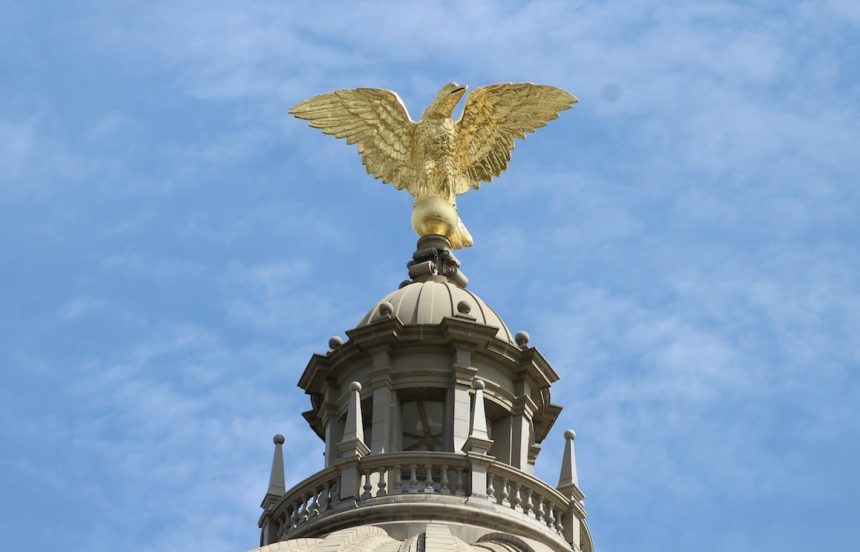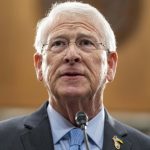The House and Senate remain at odds over how to fund Mississippi’s K-12 public education system.
Earlier this week, the House voted 92-13 to scrap the current funding formula known as the Mississippi Adequate Education Program (MAEP) and instead create an entirely new formula that would be rooted in a per-student basis, according to lawmakers. Those in favor of the INSPIRE Act cited constant confusion and commotion surrounding MAEP, which has only ever been fully funded three times since its inception in 1997.

“It’s time that we get behind education and put our money where our mouth is,” Republican Rep. Rob Roberson, who authored the bill and chairs the House Education Committee, said while presenting the bill in the chamber. “It bothers me that we have children out there that do not get a good education in this state, and it should make you mad too.”
In an interview before the vote, House Speaker Jason White said the new formula, in the long run, would be a much more coherent route to fund public education.
“I could bring an iPad up here and I can say, ‘How do you want to tweak this? You want to put more emphasis on low income? You want to put more emphasis on special education? You want to put more emphasis on workforce development? Here are the weights.’ You can tweak them any way you want, plus in the base student costs, and it gives you a number,” the first-year Republican speaker touted. “It’s very easy to understand.”
Roberson and White are championing new legislation because they believe it individualizes the process, giving more money per pupil based on the number of students coming from low-income households, those who have special needs, and other factors – rather than just handing over a lump sum to each school district. The bill would create an advisory committee of education professionals tasked with recommending to the legislature how much money each of the state’s 144 school districts needs.
“It’s time that we started making things happen for these kids and if you don’t stand up for them, who will?” Roberson asked his peers on Wednesday.
Just one day later, on Thursday, lawmakers on the other side of the Capitol unanimously passed their public school funding plan that would modify MAEP before an attempt to fully fund it. Changes would include requiring districts to use 90 percent of MAEP contributions on expenses outside of administrator and superintendent salaries. It would also amend how inflation is considered while requiring wealthier districts to contribute more to the base student cost without lowering what poorer districts receive.
Republican Sen. Dennis DeBar, who chairs the Senate Education Committee, said MAEP is more objective compared to the House’s plan.
“They have our plan. We have our plan,” DeBar said. “I think it is extremely important – as I’ve said repeatedly – that we have an objective formula where we are held accountable, superintendents can be prepared and run their formula themselves to have a rough estimate of what they’ll receive versus the legislature being responsible in incorporating what they see fit without an objective formula.”
In a follow-up conversation on the House floor on Thursday, Minority Leader Robert Johnson – who was one of the original 13 no votes – further questioned how much money it would cost to replace MAEP. The Democrat from Natchez informed his peers that the Legislative Budget Office had made him aware that the numbers being floated around the chamber were not provided by them as White and Roberson had said on Wednesday.
“I don’t mind anybody having a good idea,” Rep. Johnson said. “I don’t mind anybody coming up with a new plan. But if I am going to rely on the information presented to me, ask me to vote on something, and I ask a question, I don’t think it is right to misrepresent information to me.”
The House, during a vote on a procedural motion to send the bill to the Senate, decided to move forward with its plan but this time, with 36 representatives voting against the idea after Johnson’s speech.
As it stands, White and company are saying their plan will place an additional $240 million into public education while Senate leaders say theirs will increase funding by around $210 million. The argument over subjectivity versus objectivity is expected to heat up as the session moves along.







